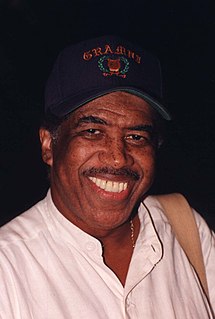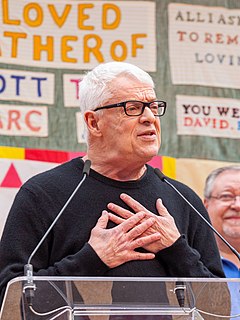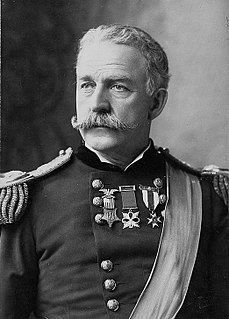A Quote by Isabel Wilkerson
The suburbanization and the ghettos that were created as a result of the limits of where [African-Americans] could live in the North [still exist today.] And ... the South was forced to change, in part because they were losing such a large part of their workforce through the Great Migration.
Related Quotes
At the beginning of the 20th century, before the migration began, 90 percent of all African-Americans were living in the South. By the end of the Great Migration, nearly half of them were living outside the South in the great cities of the North and West. So when this migration began, you had a really small number of people who were living in the North and they were surviving as porters or domestics or preachers - some had risen to levels of professional jobs - but they were, in some ways, protected because they were so small.
Most of us who were opposed to the war, especially in the early '60's - the war we were opposed to was the war on South Vietnam which destroyed South Vietnam's rural society. The South was devastated. But now anyone who opposed this atrocity is regarded as having defended North Vietnam. And that's part of the effort to present the war as if it were a war between South Vietnam and North Vietnam with the United States helping the South. Of course it's fabrication. But it's "official truth" now.
I go back to the parallels with 1963, 1964 when white America really became aware of the brutality of segregation, the cruelty of the apartheid system which existed in the south. Then white people began to get on the freedom buses and travel to the south and be part of the voter registration drives and they... some of them were beaten and some of them were murdered but they stood with the African-American community and the civil rights movement. It's time for straight people to do that today and it is time for gay people to insist that they do that today.
We are finally living in Plato's cave, if we consider how those who were imprisoned within the cave - who could do nothing but watch those shadows passing on the back wall - were convinced that those shadows were their one and only reality. I see a profound similarity to all this in the epoch we're now living in. We no longer live simply through images: we live through images that don't even exist, which are the result not of physical projection but of pure virtuality.






























